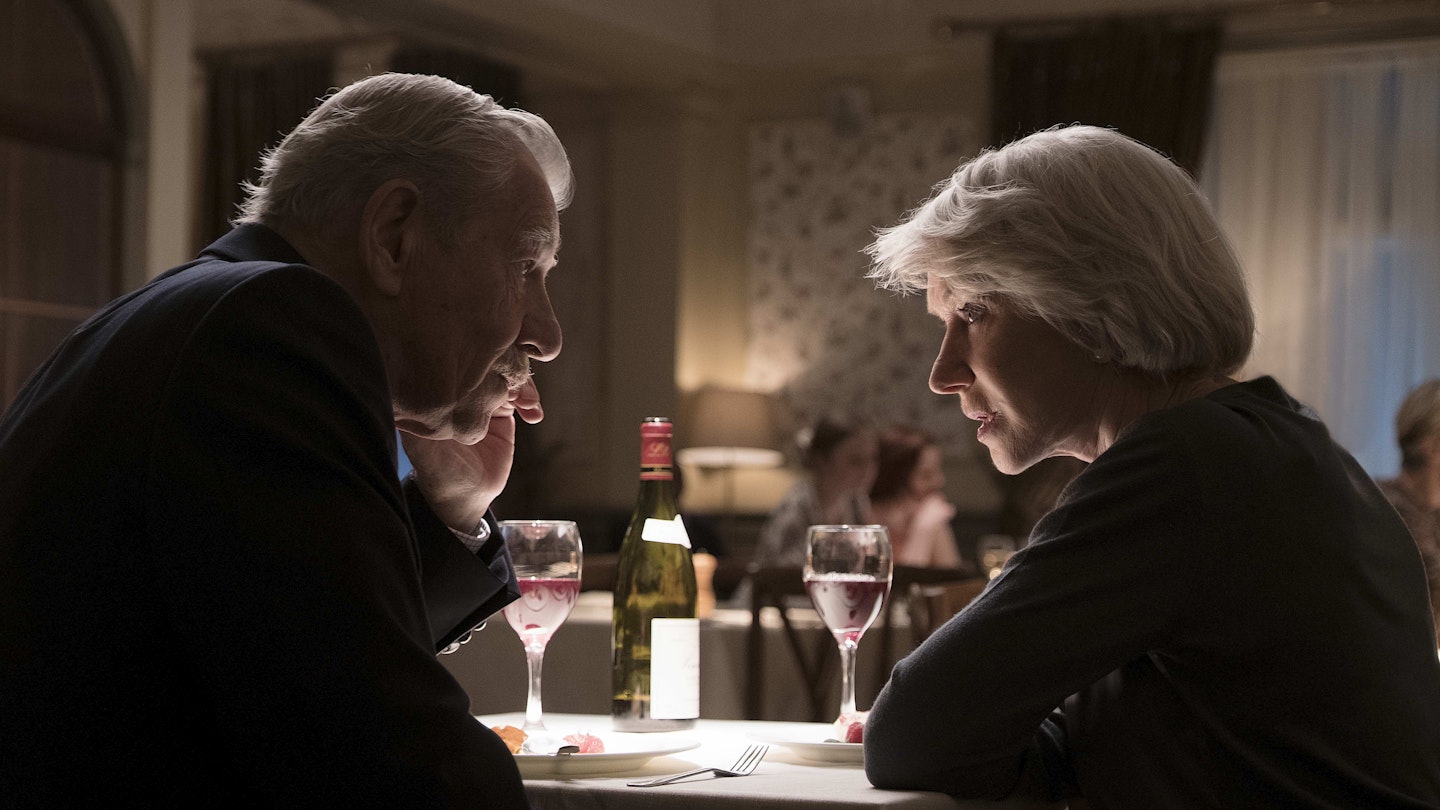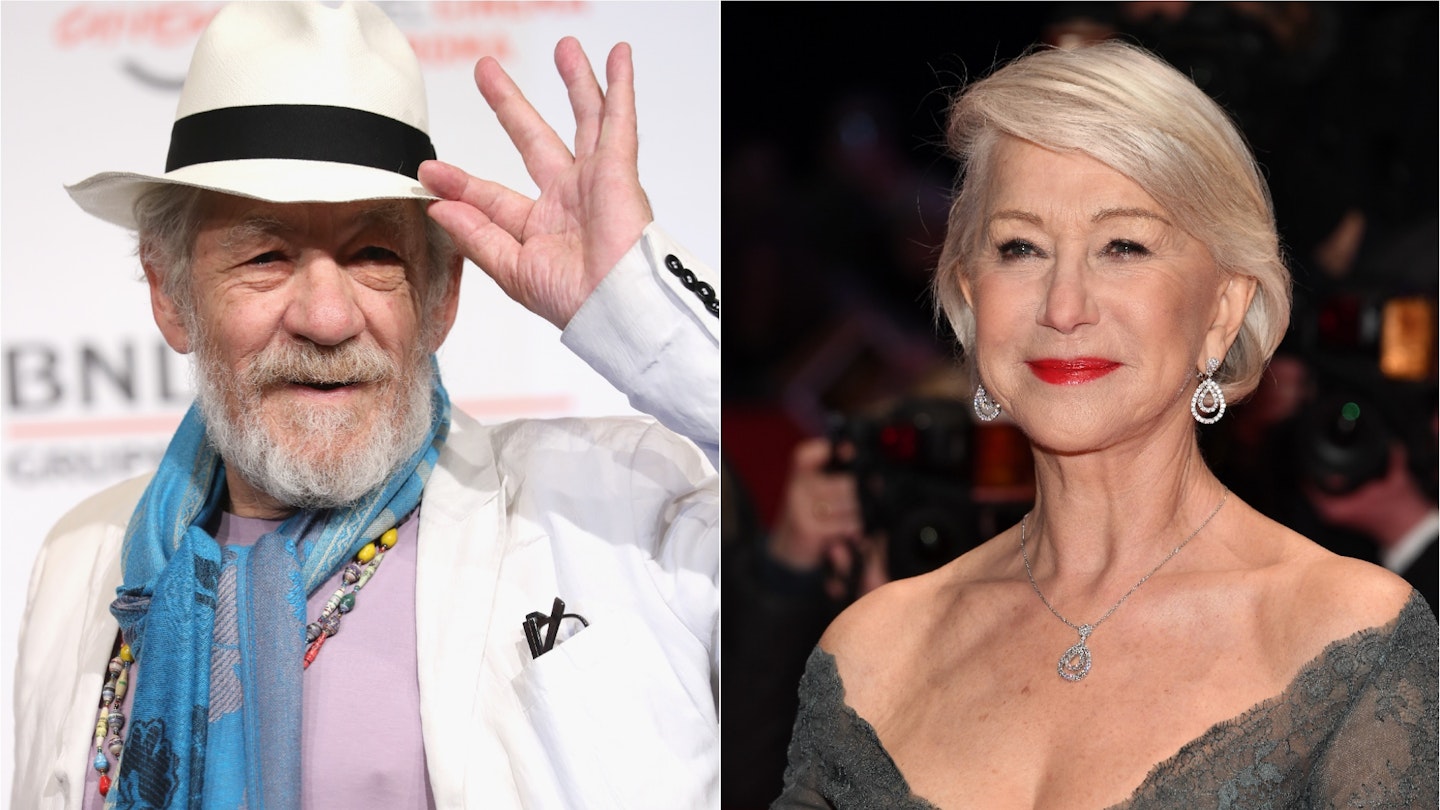These days, screen Sherlocks tend to come sprightly. So it’s a bit of a shock when Mr. Holmes opens to reveal a rheumy-eyed, liver-spotted Ian McKellen, aged into decrepitude via impressive make-up. Fiction’s greatest detective, you see, is now 93 and diminished in both body and spirit. While he has a magnifying glass, he wields it not to peek at clues, but to read his post. He hobbles around on a cane, which at no point does he use to disarm a thuggish ne’er-do-well. His mind palace is in dire need of a vacuum cleaner.
According to Holmes tale His Last Bow, the crime-fighter retired in 1903, “living the life of a hermit among [his] bees and [his] books in a small farm upon the South Downs”. (Novelist Neil Gaiman once joked that his arch-nemesis, Moriarty, ended up in Essex tending wasps.) That’s where Arthur Conan Doyle left off, and where Condon’s melancholy new movie, based on 2005 Mitch Cullin novel A Slight Trick Of The Mind, picks up. Mr. Holmes makes for a neat companion piece to Condon’s James Whale biopic Gods And Monsters: another housebound period character piece about a waning icon, it boasts another great performance from McKellen.
But, while it’s a stylish, moving and nuanced portrait of a man, it’s not necessarily a satisfying portrait of this man. It’s fully believable that Sherlock Holmes would have regrets in his dotage (he was always better at crime scenes than people anyway), and he interacts engagingly with widowed housekeeper Mrs. Munro (Linney) and her precocious 14 year-old son Roger (Milo Parker). There are also witty touches, like the revelation that the detective, in fact, lived across the street from 221B Baker Street to keep himself detached from his fans. But it’s hard to connect this senile figure, grappling with his fading memory (we’ve had Still Alice; here’s Still Sherlock) with the thrusting Victorian hero of Conan Doyle. This story has wandered so far from its source material that some might emerge feeling that they’ve been slightly tricked.
There’s only a glimpse of Watson, no pipe to be seen and not much in the way of criminal activity. There is, however, a decent mystery to unravel. Via flashbacks — and there are almost as many flashbacks in Mr. Holmes as there are bee metaphors — we see a younger Sherlock (still McKellen, but less-convincingly aged down) working on his final case and travelling through Japan in hot pursuit of a memory-restoring elixir. By the time the credits roll, we’ve learned why Holmes has sequestered himself away in a lonely cottage. But we never do find out why, in one scene, characters are shown getting away with talking — talking! — in The Diogenes Club.

